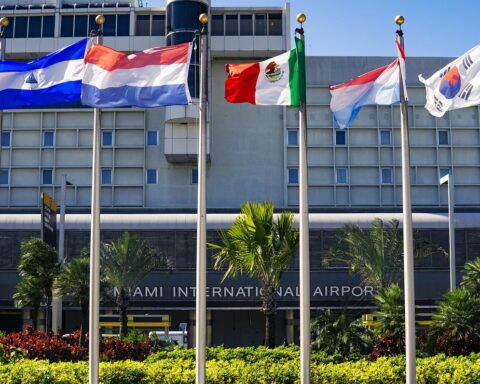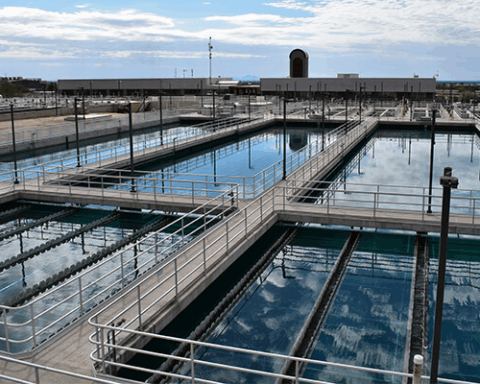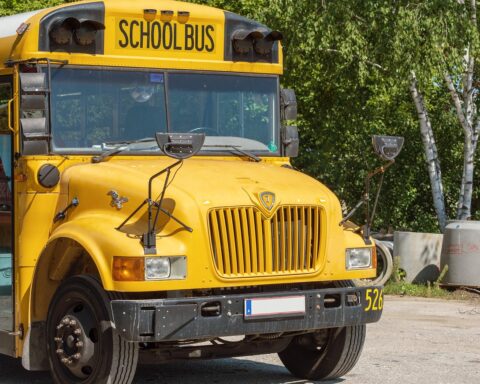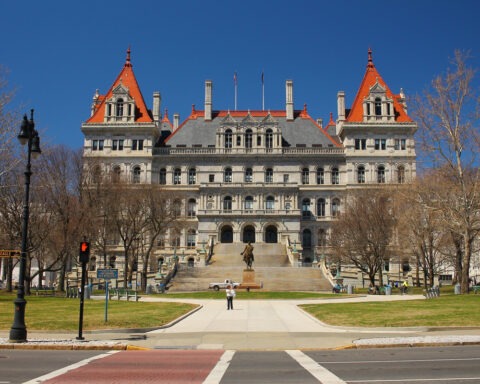Iowa is planning investments in health care, education and judicial courts. After an extended session that was originally set to conclude on May 2, the Iowa Legislature is poised to conclude its 2025 session after passing several major budget bills last week.
The health and human services budget, one of the largest funding areas, received a $2.47 billion allocation that includes a $252.7 million increase from fiscal year (FY) 2025. Much of the new funding is intended to address potential shortfalls in Medicaid spending in FY 2026.
The bill increases Medicaid reimbursement rates for nursing facilities through $20 million in rate rebasing and allocates $420,000 to boost reimbursements for maternal health care providers. The measure also raises the personal needs allowance for Medicaid recipients in care facilities from $50 to $55 per month.
The education appropriations bill, allocating more than $1.03 billion, passed with $451.4 million for the Department of Education and $578.5 million for the Board of Regents. The package includes a $7.5 million increase for community colleges, $1 million for cancer research at the University of Iowa and $8 million for the health care professional incentive program.
The judicial branch appropriation of $221.8 million includes a $1.27 million increase for judicial officer salaries, representing a 2.5% pay raise. This follows a 5% increase granted in 2024, though judicial pay in Iowa remains below national averages.
The legislature sent Gov. Kim Reynolds’ rural health care proposal to her desk with strong bipartisan support. The initiative directs the Iowa Department of Health and Human Services to pursue $150 million in federal funding to create an estimated 115 new medical residency slots at Iowa teaching hospitals.
The bill also provides $10 million in new funding to consolidate Iowa’s student loan repayment programs, extending eligibility to out-of-state trained professionals who commit to practicing in the state’s high-demand areas for five years.
The final piece of major legislation still pending is the standing appropriations bill, which provides State Supplemental Aid funds for public K-12 schools. The budget agreement allocates
$4.84 billion for this purpose, with an additional $14 million earmarked for increased pay for educational support staff.
This additional funding will come from the Sports Wagering Fund, a one-time pool of money that currently contains $40 million. The governor is expected to sign the budget bills as they reach her desk, bringing the 2025 legislative session to a close.
Image by Alan Stanley from Pixabay














